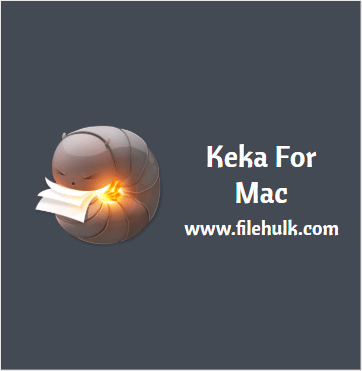
Instructional tutorials he's written have been linked to by organizations like The New York Times, Wirecutter, Lifehacker, the BBC, CNET, Ars Technica, and John Gruber's Daring Fireball. The news he's broken has been covered by outlets like the BBC, The Verge, Slate, Gizmodo, Engadget, TechCrunch, Digital Trends, ZDNet, The Next Web, and Techmeme. Beyond the column, he wrote about everything from Windows to tech travel tips. He founded PCWorld's "World Beyond Windows" column, which covered the latest developments in open-source operating systems like Linux and Chrome OS. He also wrote the USA's most-saved article of 2021, according to Pocket.Ĭhris was a PCWorld columnist for two years.

Beyond the web, his work has appeared in the print edition of The New York Times (September 9, 2019) and in PCWorld's print magazines, specifically in the August 2013 and July 2013 editions, where his story was on the cover. With over a decade of writing experience in the field of technology, Chris has written for a variety of publications including The New York Times, Reader's Digest, IDG's PCWorld, Digital Trends, and MakeUseOf. Chris has personally written over 2,000 articles that have been read more than one billion times-and that's just here at How-To Geek. It's generally on the top of other file compression benchmarks we've seen, too.Ĭhris Hoffman is the former Editor-in-Chief of How-To Geek. Really, 7z is great - it came out on top in our file-compression benchmarks. Whenever you create a password-protected 7z file, you know that it's securely encrypted. The 7z archive format requires strong AES-256 encryption. You may just want to use a different archive format, such as 7z.

It's still possible to get AES encryption with Zip files - but such files will require third-party software to view, anyway. Related: Benchmarked: What's the Best File Compression Format?
#KEKA MAC APP MAC OS#
Even some third-party utilities are reluctant to switch to AES for their Zip encryption as it means those AES-encrypted zip files will then be incompatible with the built-in Zip features in Windows, Mac OS X, and other software. This means that using the Zip password-protection features found in Windows XP, current versions of Mac OS X, and even typical Linux desktops won't give you securely encrypted Zip files. Unfortunately, many pieces of software - particularly operating systems with built-in support for Zip files - don't support the newer AES encryption standard.

The older Zip 2.0 encryption is extremely insecure, while the newer AES encryption is fairly secure.
#KEKA MAC APP ZIP FILE#
There are actually two types of Zip file encryption.


 0 kommentar(er)
0 kommentar(er)
